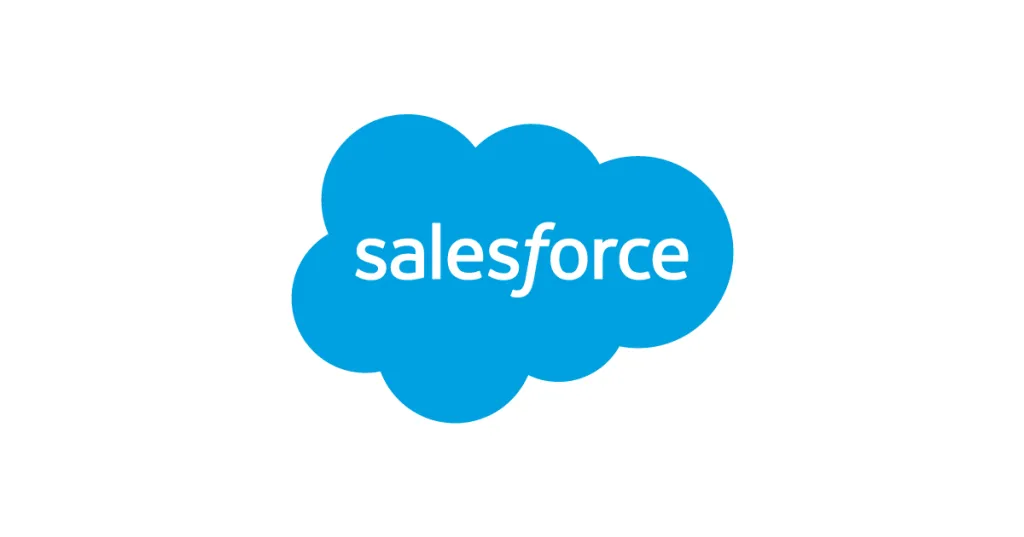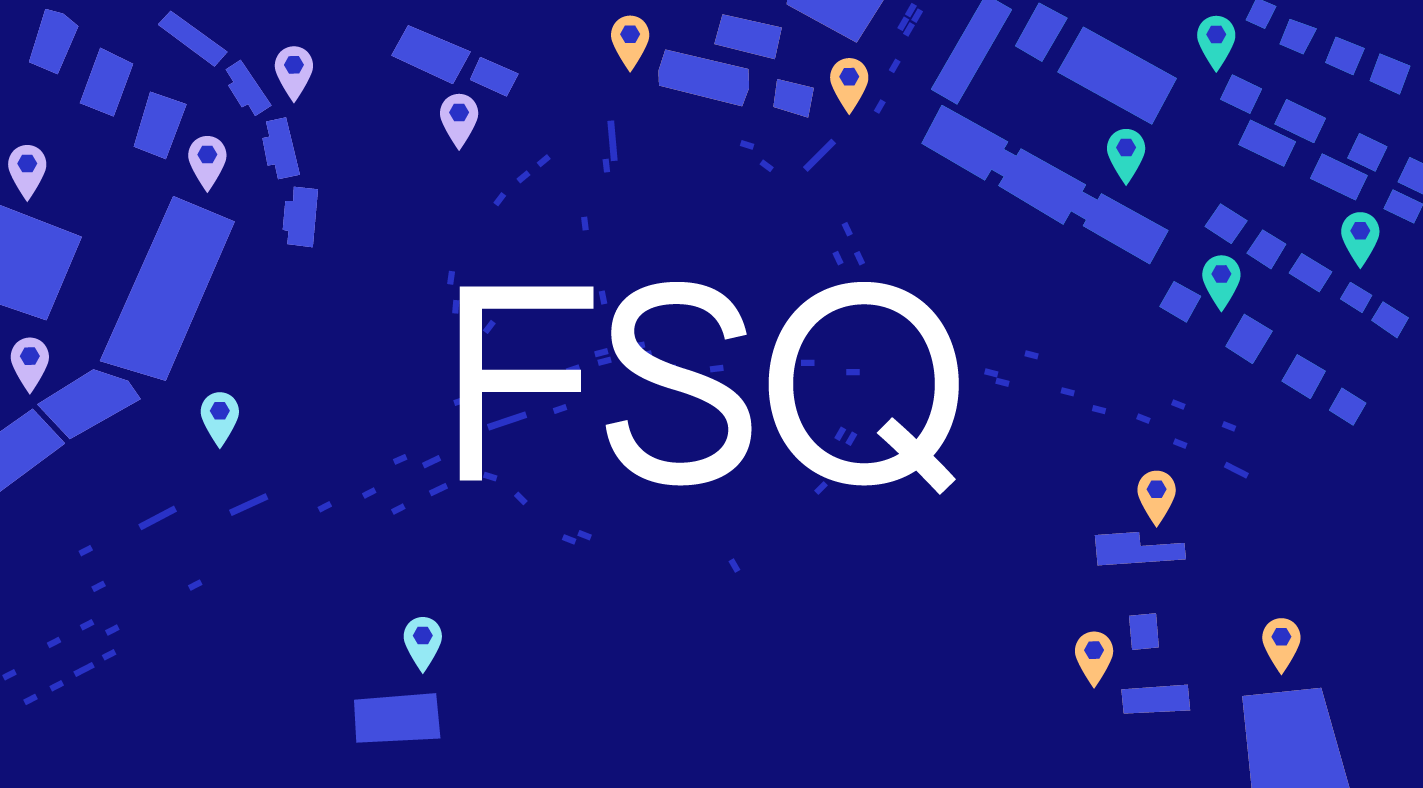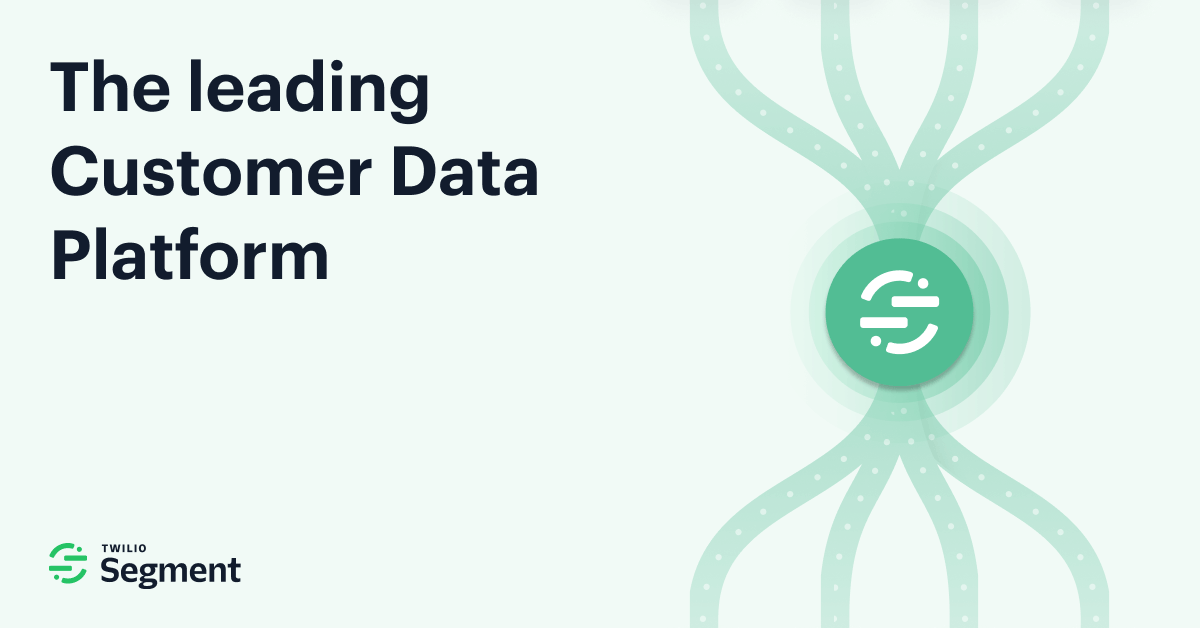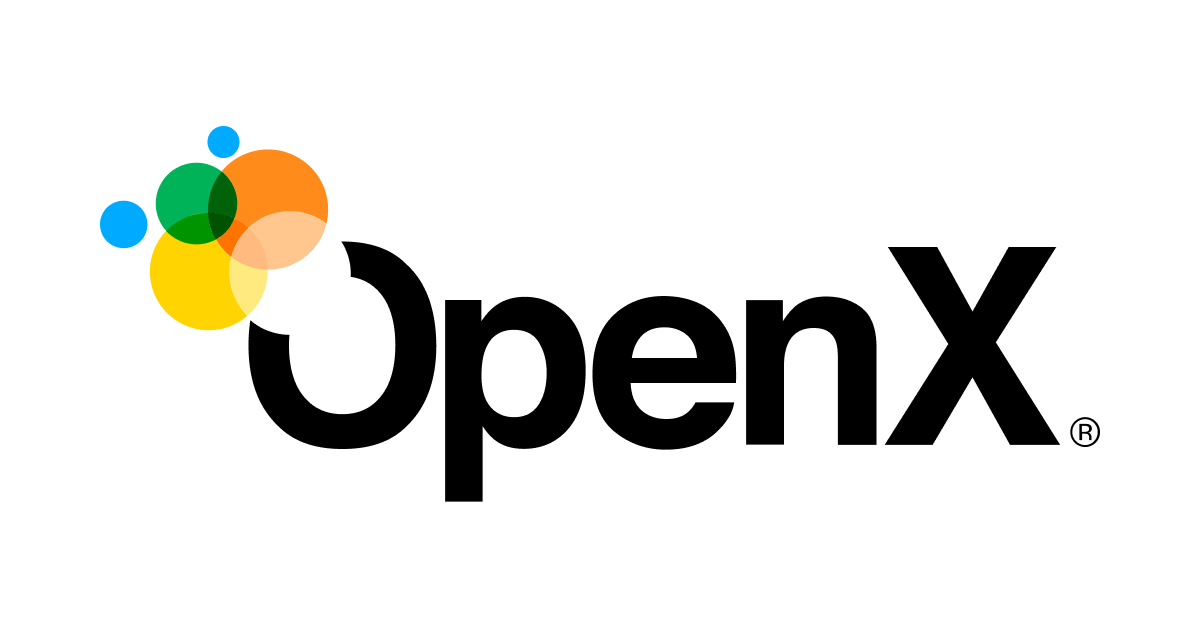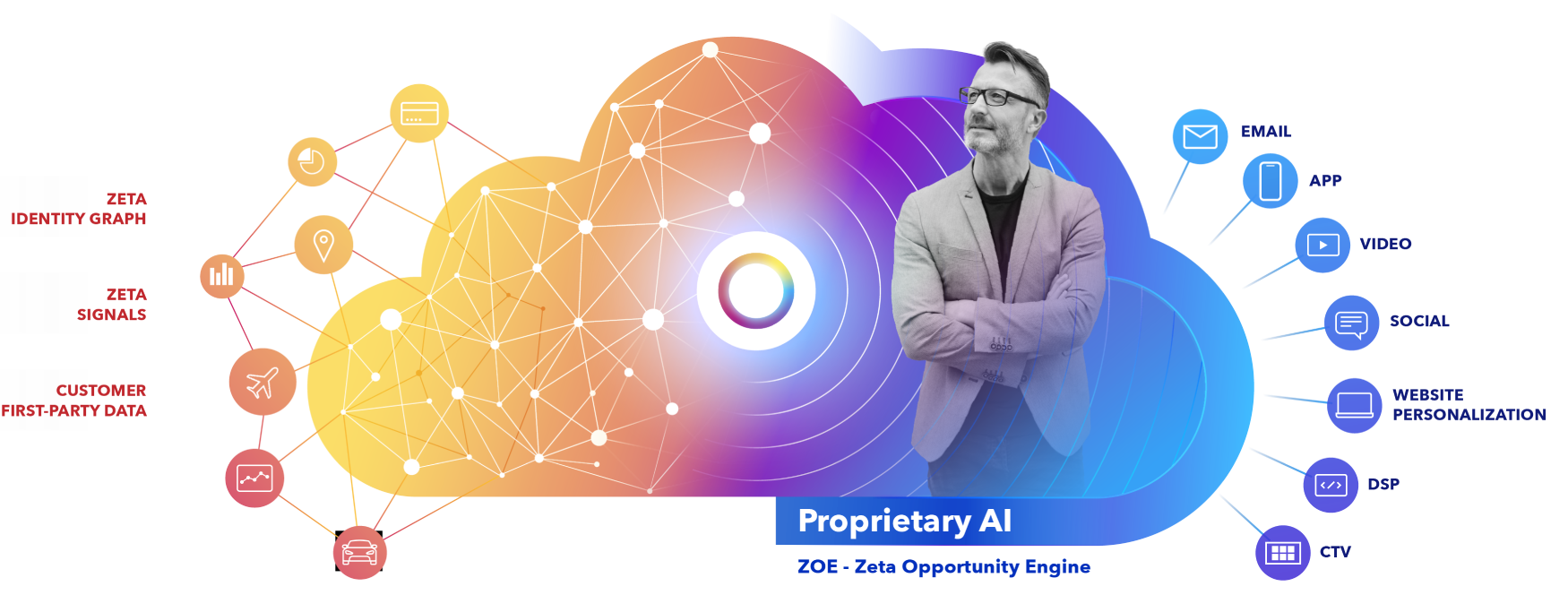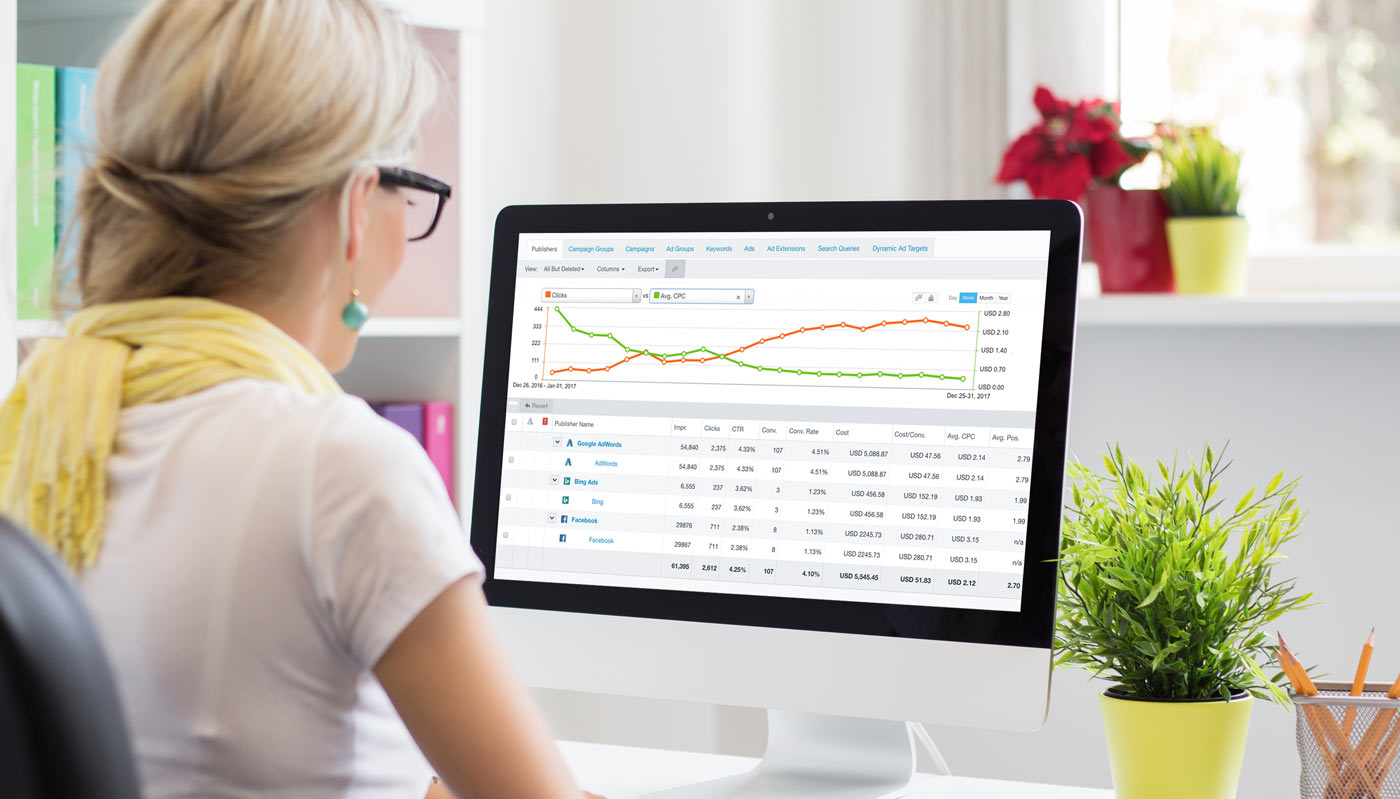Introduction
As the amount of customer data continues to grow exponentially, being able to effectively collect, store, govern and leverage that data is becoming increasingly important for businesses. A data management platform (DMP) centralizes first-party data alongside complementary third-party sources to develop a unified view of customers that fuels personalized engagement and optimized campaigns. This post examines 15 top DMP providers based on functionality, market presence and other factors to help identify the right fit.
Methods of Evaluation
Each platform is evaluated based on core features and capabilities, customer base and reviews. Additional consideration is given to metrics like number of backlinks, traffic and keyword trends which can provide insight into market presence, mindshare and viability. The top providers balance robust data collection and activation tools with strong compliance, particularly for industries with sensitive customer data.
1. Adobe Experience Platform
Adobe Experience Platform is Adobe’s set of data management solutions. It allows users to collect customer data from various sources, activate it across applications, and analyze behavioral insights to deliver personalized experiences. The platform ingests over 50 billion profiles and processes over 100 petabytes of data each month.
Pros: Some key advantages of Adobe Experience Platform include:
– Rich set of capabilities for data ingestion, profiling, activation and analytics
– Integrates with Adobe Creative Cloud and Marketing Cloud products
– Wide customer base and growing set of pre-built integrations
Cons: A potential disadvantage is the pricing, as Adobe Experience Platform is best suited for large enterprises with sophisticated data requirements due to its scale and capabilities.
Pricing: Adobe Experience Platform pricing is based on monthly data ingestion volumes. It starts at $150 per month for up to 1 TB of monthly data ingestion. Larger volumes are available with custom pricing.
Some key statistics about Adobe Experience Platform include:
– Profiles and segments over 1 billion customers worldwide
– Integrates with over 200 sources and connects to thousands of destinations
– Processes over 250 TB of data per day on the platform
2. Salesforce DMP
Salesforce DMP is a data management platform from Salesforce that allows companies to collect, organize and activate first-party customer data across the customer journey. As part of Salesforce’s integrated Customer 360 platform, the DMP provides tools to personalize experiences for both B2B and B2C customers.
Pros: Some key advantages of Salesforce DMP include:
– Being part of Salesforce’s integrated CX platform allows for a unified view of the customer across systems
– Robust identity resolution and data management capabilities make it well-suited for B2B use cases
– Large ecosystem of third-party integrations via Salesforce AppExchange extends its functionality
Cons: A potential disadvantage is that since it is part of Salesforce’s larger platform, it may not be as cost effective for companies only requiring a standalone DMP solution.
Pricing: Pricing for Salesforce DMP depends on data volume and usage. It is sold based on an annual subscription model starting at $15,000 per year for the basic package.
Some key stats about Salesforce DMP include:
– Available in over 150 countries worldwide
– Serves over 150,000 customers globally
– Integrates with Salesforce Marketing Cloud, Sales Cloud and Service Cloud
– Identity resolution capabilities can match up to 90% of identities
3. Foursquare
Foursquare is a leading location data and analysis platform. As a pioneer in location-based services since 2009, Foursquare has amassed over 10 billion total check-ins from users exploring cities and discovering new places around the world. Foursquare utilizes this massive pool of location data to provide unique targeting insights for marketers and publishers.
Pros: Some key advantages of the Foursquare platform include:
– Consumer location check-in data leader – Foursquare has the most comprehensive pool of opted-in location data due to their pioneering check-in app.
– Place-based behavioral insights and research data – Foursquare is able to provide unique insights into foot traffic, dwell times, and visitor behaviors based on their location data.
– Strong mobile SDKs and location tools – Foursquare’s location tools like Geofences allow marketers and publishers to activate based on real-world behaviors and movements.
Cons: One potential disadvantage is that Foursquare’s own mobile app and website have declined in popularity in recent years compared to competitors. As a result, they may have access to less up-to-date contextual location check-in data compared to newer location data platforms.
Pricing: Foursquare offers a variety of pricing tiers for businesses and marketers looking to tap into their location insight platform. Prices range from free basic accounts to customized enterprise plans starting at $10,000 per month.
Some key stats about Foursquare’s platform include:
– Over 10 billion total user check-ins to date
– Over 200 million downloads of the Foursquare app
– Used by over 1 billion devices monthly through SDK partnerships
– Data from over 200 countries and territories worldwide
4. Nielsen Catalina Solutions
Nielsen Catalina Solutions (NCS) is the industry leader in purchase data and audience insights. As a joint venture between Nielsen and The Catalina Company, NCS leverages purchase data from over 1 billion monthly shopping trips across all consumer packaged goods sectors. With this purchase data, NCS builds precise and scalable consumer graphs that link transactions to individual households and track their cross-channel path to purchase.
Pros: Some key advantages of the NCS data management platform include:
– Leading retail purchase data provider with the most expansive coverage of shopping trips
– Well-established identity graphs built from decades of loyalty card tracking
– Integrated solutions that tie retail shopping behavior to media consumption for more holistic measurement
Cons: As with any large dataset, data quality and coverage varies by retailer. Insights may not be available or as robust for niche retail sectors or emerging brands.
Pricing: Pricing for NCS’s data solutions varies based on the specific services, data assets, and custom reporting required. Sample packages start at $50,000/month for moderate dataset access and standard analytics.
Some key stats about NCS’s data and platform include:
– Purchase data from over $1 trillion in annual retail sales
– Insights from over 1 billion monthly shopping trips
– Identity graphs built from over 100 million loyalty card households
– Integrated media and shopping measurement solutions
5. Segment DMP
Segment DMP, formerly known as Segment, is a customer data platform (CDP) that helps companies collect, clean, and activate customer data to improve experiences. Founded in 2011, Segment has grown to serve over 50,000 companies like Anthropic, Gusto, and Canva. Segment was acquired by communications company Twilio in 2020 for $3.2 billion to expand its product offering beyond data collection and analytics.
Pros: Some key advantages of using Segment DMP include:
– Open-source DNA makes it easy to customize and integrate
– Powerful data collection and activation capabilities across major marketing, analytics and commerce platforms
– Popular with digital-first companies and developers looking for flexibility
Cons: One potential disadvantage is that Segment DMP is a more advanced, customizable solution best suited for companies with dedicated engineering resources. For smaller companies, an out-of-the-box CDP may be easier to implement.
Pricing: Segment DMP offers monthly pricing starting from $999 per month for the Starter plan up to custom enterprise plans. Pricing is based on data volume with discounts available for annual commitments.
Some key stats about Segment DMP include:
– Over 50,000 customers including 30% of the Fortune 500
– Collects and processes over 500 billion events per month
– Ranks as the #1 CDP for 4 consecutive years according to IDC
6. OpenX
OpenX is a leading programmatic advertising platform that provides digital publishers and advertisers with tools for audience targeting, real-time bidding, and predictive analytics. Founded in 2007, OpenX has its headquarters in Pasadena, California and offers a comprehensive supply-side platform (SSP) to connect publishers with advertisers.
Pros: Key advantages of OpenX include:
– Comprehensive ad tech platform and marketplace that provides end-to-end programmatic solutions
– Integrated audience targeting features that leverage both first-party data and third-party data for granular targeting
– Focus on automation and predictive capabilities to optimize campaign performance in real-time
Cons: One potential disadvantage is that as a self-serve platform, it may require more technical knowledge and resources for complex campaign management compared to full-service programmatic solutions.
Pricing: OpenX offers various pricing plans depending on needs. For publishers, pricing is based on revenue share agreements. For buyers, there are commitment-based plans that offer discounted CPMs based on monthly spending commitments.
Some key stats about OpenX include:
– Over 1 million advertisers and publishers use OpenX globally
– Processes over 1 trillion ad requests each month
– Reaches over 1 billion unique users per month
7. Tapad
Tapad is a data management platform (DMP) that helps connect brands to consumers across devices. Founded in 2012 and headquartered in New York City, Tapad collects online and mobile data to build individual profiles that allow for anonymous, privacy-compliant targeted advertising.
Pros: Some key advantages of Tapad include:
– Strong focus on identity graph and cross-device capabilities to reach consumers across devices
– Integrates easily with major DSPs for audience activation and targeted campaigns
– Large online and mobile data sets from apps and websites to build robust profiles
Cons: One potential disadvantage is that being solely focused on the identity graph and cross-device targeting limits Tapad’s capabilities compared to more full-service DMPs.
Pricing: Tapad offers flexible pricing models including cost-per-thousand-impressions (CPM) and subscription plans starting at $5,000 per month.
Some key stats about Tapad include:
– Over 2.5 billion devices in its identity graph
– Collects data from over 1 million apps and websites globally
– Integrates with all major DSPs like The Trade Desk, MediaMath and more
– Over 300 employees worldwide
HomepageConnecting brands to consumers across devicestapad.com
8. Tealium Universal Data Hub
Tealium Universal Data Hub is a customer data platform from Tealium that helps organizations unify customer data across channels to deliver personalized experiences. Founded in 2001, Tealium has over 850 employees worldwide and offices across the US, UK, Australia and Singapore.
Pros: Some key advantages of Tealium Universal Data Hub include:
– Extensive tag management capabilities allow collection of data from any source
– Strong focus on omnichannel data collection to get a unified view of the customer
– Comprehensive data governance and compliance controls to ensure privacy and security
Cons: One potential disadvantage is that the platform requires technical expertise to setup tags and data integrations initially.
Pricing: Tealium Universal Data Hub pricing is customized based on business needs. General pricing models include perpetual licenses starting at $50,000 or subscription packages starting at $15,000/month.
Some key stats about Tealium Universal Data Hub include:
– Processes over 25 trillion customer events annually
– Used by over 1000 global brands
– Integrates with over 250 apps and technologies out of the box
9. Marin Software
Marin Software is a leading provider of cloud-based digital marketing management software. Founded in 2006, Marin helps businesses of all sizes manage their paid search, social, display and cross-channel campaigns on a single platform. With intelligent automation and tools for every member of the marketing team, Marin aims to power growth for companies worldwide.
Pros: Some key advantages of the Marin Software platform include:
– Strong paid search management capabilities with tools for building and optimizing search campaigns
– Robust suite of audience and campaign tools for data-driven targeting and cross-channel strategies
– Focused on ad tech integrations and automation to streamline workflows for marketers
Cons: One potential disadvantage is that the platform is more geared towards the needs of larger enterprises and may have more capabilities than needed for some small to medium-sized businesses.
Pricing: Marin Software pricing starts at $999 per month for smaller teams and scales based on number of users and features. There is also an option to customized an enterprise plan for the largest customers.
Some key stats about Marin Software include:
– Over 1,500 customers globally including large brands like McDonalds, Intuit and Anthropic
– Processes over $50 billion in digital ad spend through its platform annually
– Integrates with major platforms like Google Ads, Bing Ads, Facebook and Amazon
Marin Softwaremarinsoftware.com
10. Arm Treasure Data
Arm Treasure Data is a leading customer data platform and data management software. Founded in 2011, Treasure Data helps companies collect customer data from various sources and channels to get a complete view of each customer. With over 700 employees worldwide, Treasure Data powers over 300 Fortune 1000 brands.
Pros: Some key advantages of Treasure Data include:
– Dedicated to customer data management with strong data lake capabilities
– Machine learning focused analytics for customer segmentation and predictive modeling
– Supports ingestion from various sources like web, mobile, IoT, CRM etc in real-time
– Includes pre-built integrations for marketing platforms like Marketo, Salesforce and Adobe
– Offers various visualization and reporting dashboards
Cons: Some potential disadvantages could include:
– Pricing is per amount of data ingested and stored which can become expensive at large scale
– Setup and implementation requires technical expertise which increases costs
– Limited open source alternatives for certain functionalities
Pricing: Treasure Data offers the following pricing plans:
– Free plan – For up to 1GB of monthly data ingestion
– Startup plan – Starts at $500/month for up to 10GB of monthly data ingestion
– Pro plan – Custom pricing starting at $5,000/month
– Enterprise Edition – Custom enterprise pricing based on use case and data volumes
Some key stats about Treasure Data include:
– Manages over 5 trillion customer events per month
– Over 300 enterprise customers including Domino’s Pizza and Singapore Airlines
– Customers across industries like retail, CPG, travel and more
– Supports deployment across multiple cloud providers like AWS, GCP and Azure
11. Cxense DMP
Cxense DMP is a leading data management platform (DMP) that helps companies own their data, gain customer insights, and optimize growth. As a specialist in search, video and content data management, Cxense DMP allows organizations to combine first, second, and third-party data in developing accurate user profiles.
Pros: Key advantages of Cxense DMP include:
– Real-time data integration and activation capabilities
– Specialist in search, video and content data management
– Robust analytics for optimizing content and campaigns
Cons: A potential disadvantage is that Cxense DMP is more suited for larger enterprises rather than small or medium-sized businesses due to its enterprise-level pricing.
Pricing: Cxense DMP pricing is based on a custom quote that factors in the number of profiles, integrated data sources, team members accessing the platform, and desired functionality. Starting pricing for most organizations is in the five-figure monthly range.
Some key stats about Cxense DMP include:
– Profiles over 1 billion global users
– Integrates with over 25 data sources in real-time
– Helps increase ROI on digital campaigns by 15-25% on average
12. Acoustic CDP
Acoustic is a leading customer data platform (CDP) that helps companies gain a complete understanding of their customers. Founded in 2006, Acoustic helps enterprises collect and activate customer data across all lines of business to drive highly personalized experiences at every touchpoint. With Acoustic, businesses can gain a unified, real-time view of each individual customer to better serve their needs and accelerate their journey.
Pros: Key advantages of Acoustic include:
– Customer data orchestration focused on experience planning
– Dedicated focus on delivering 1:1 dynamic experiences
– Centralized consent and preference management
– Real-time customer profiles with unified views across systems
– AI/ML powered segmentation, recommendation and personalization
Cons: As an enterprise-grade CDP, implementation and maintenance costs can be high for some businesses. However, Acoustic provides flexible deployment and pricing options to address different customer needs.
Pricing: Acoustic offers flexible pricing based on your unique requirements. Please contact the sales team for a custom quote.
Some key stats about Acoustic include:
– Over 200 enterprise customers globally across industries like retail, CPG, travel, and more
– Integrations with over 150 data sources including CRM, marketing automation, web analytics and more
– Processes over 2 trillion events per month from customer interactions
– Deployed on-premise, in private/public clouds or as a fully managed cloud service
13. Zeta DMP
Zeta DMP is a data management platform (DMP) created by Zeta Global to help companies collect, manage and activate customer data. Zeta DMP focuses specifically on the ad tech and affiliate marketing domains to help businesses maximize campaign performance and returns. It leverages advanced AI algorithms to deliver optimized audience segments and creative recommendations.
Pros: Some key advantages of Zeta DMP include:
– Niche focus on ad tech and affiliate domains allowing for deep expertise
– Advanced audience segmentation and targeting tools powered by AI
– AI recommendations for audiences and creatives that maximize campaign returns
– Continuous optimization of audiences and creatives based on campaign performance
Cons: As a focused DMP solution, Zeta DMP may not be as full-featured as larger, more generalized DMPs. It is best suited for ad tech and affiliate marketers rather than all industries.
Pricing: Zeta DMP pricing is not publicly listed but is typically sold on an enterprise level with custom quoting. Common pricing models include per process fee, monthly subscription, and revenue share models.
Some key stats about Zeta DMP include:
– Processes over 1 trillion consumer touchpoints per month
– Serves over 250 advertising partners and 5,000 marketers
– Audience segments of over 300 million people worldwide
– AI engine recommends best performing audiences and creatives
14. Acquisio
Acquisio is a data management platform founded in 2013 and headquartered in Montreal, Quebec. The company specializes in integrating CRM and marketing automation systems like Salesforce and Marketo to enrich customer profiles. Acquisio’s platform then focuses on activating these audience data for B2B advertising and personalization.
Pros: Some key advantages of Acquisio include:
– Specializes in CRM and marketing automation integration
– Tools to enrich customer profiles from various systems
– Focused on B2B data and audience activation
Cons: One potential disadvantage is that Acquisio’s platform may be more tailored towards larger enterprise customers compared to small businesses.
Pricing: Acquisio offers flexible pricing plans tailored to business needs starting from $1,500/month.
Some key stats about Acquisio include:
– Over 200 customers globally spanning all industries
– Processes billions of events and enrich millions of profiles monthly
– Integrations with leading CRM, marketing automation and ad platforms
15. NGDATA
NGDATA is a leading customer data platform (CDP) that provides AI-driven data and customer profile management. Founded in 2008 and headquartered in Copenhagen, NGDATA serves a global customer base with offices in UK, US and Asia Pacific regions. NGDATA collects customer data from various sources like web, mobile, CRM systems etc. and creates a unified customer profile. With AI technology, NGDATA helps companies understand customer behavior and intent in order to personalize interactions across all marketing channels.
Pros: Some key advantages of NGDATA:
– Unified customer profiles from diverse data sources
– AI capabilities for insights, personalization and automation
– Integrations with major CRM and marketing platforms
– Leaders in industry for account-based marketing
– Strong track record of delivering ROI for global brands
Cons: One potential disadvantage of NGDATA could be the pricing which may not be suitable for all budgets. Custom deployment and additional features have custom pricing.
Pricing: NGDATA offers flexible pricing models – subscription licensing based on monthly user/data volume as well as enterprise deals based on requirements. Pricing starts from $2-3k per month for smaller businesses and scales based on user count, data volume and required features.
Some key stats about NGDATA:
– Profiles over 1 billion customers globally
– Integrates with over 100 data sources including CRM, marketing automation, billing etc.
– Powers marketing and sales initiatives for over 1000 brands worldwide
– Features predictive AI models for customer segmentation, next best action etc.
Conclusion
The data management platforms listed showcase leaders across industries and use cases, from Adobe and Salesforce serving major enterprises to more specialized players like Cxense and Tapad. Marketers should consider their unique needs and evaluate which vendor can deliver the richest profiles while respecting privacy through security, transparency and choice. A DMP chosen for integrations, capabilities and compliance can unlock powerful insights for personalizing experiences at scale.





